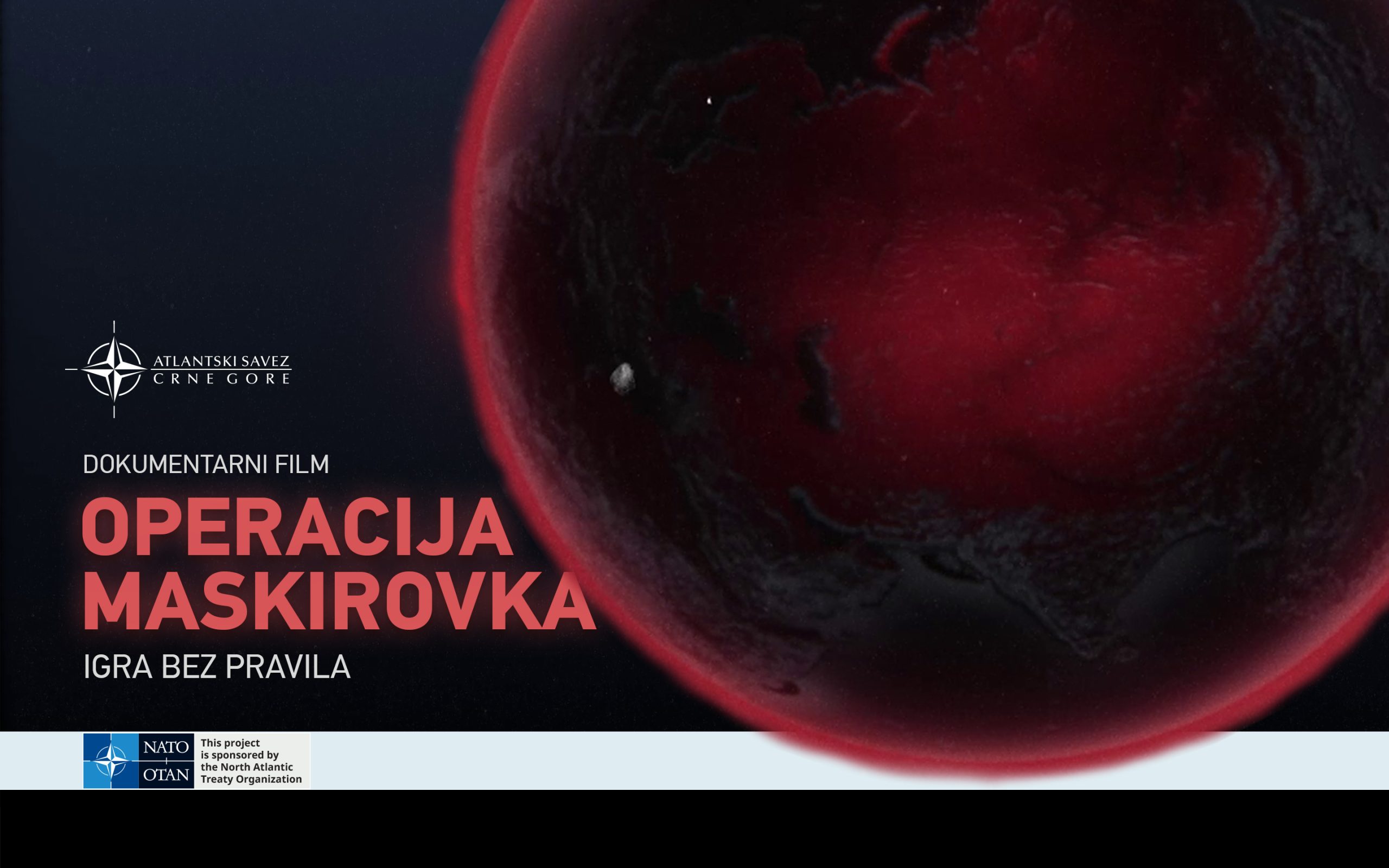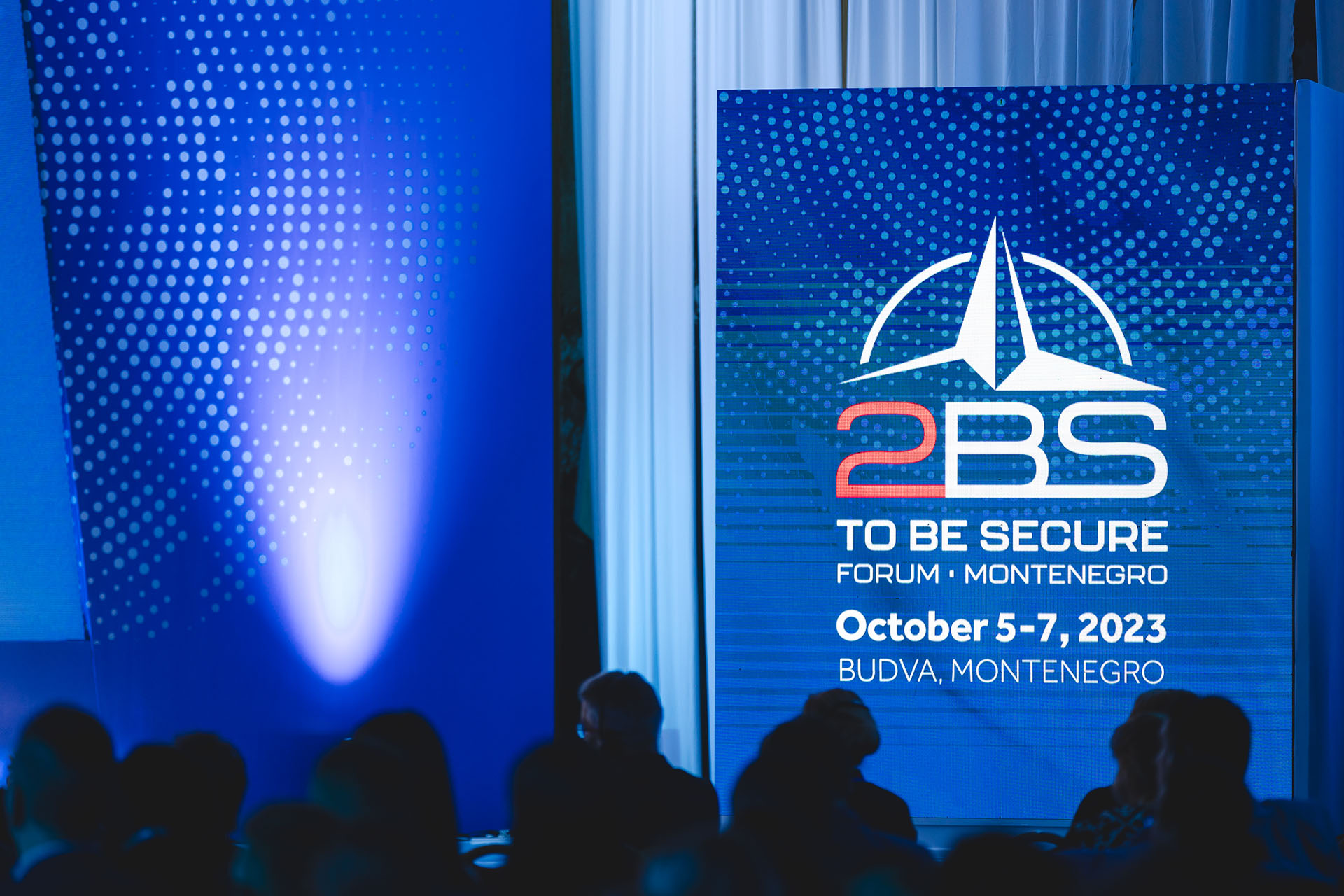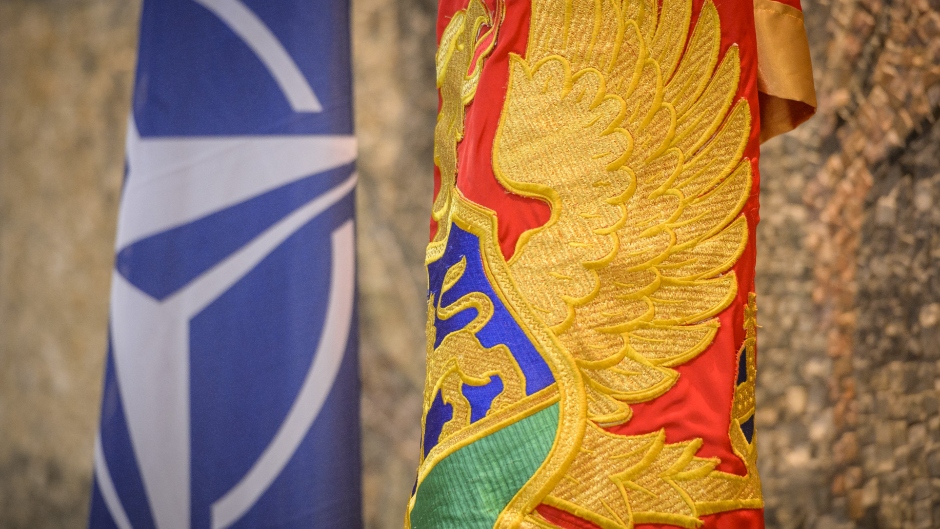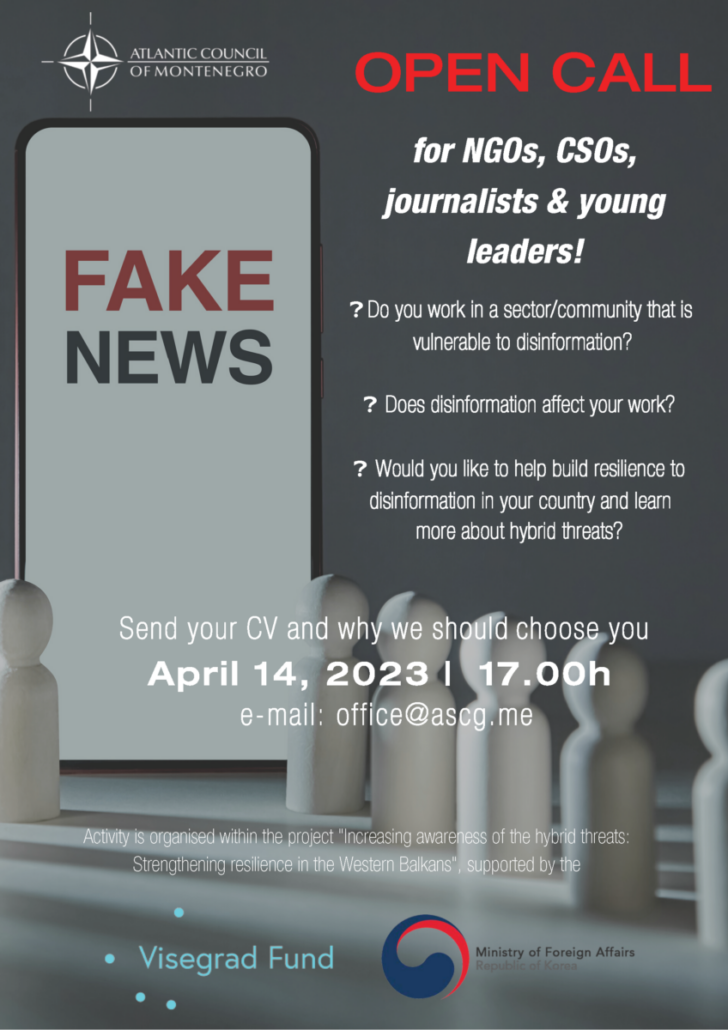Russia is trying to slow down the integration processes on the Western Balkans and surpasses the other countries in interfering in the internal and foreign political course of the region, assessed the participants of the online conference organized by NATO Strategic Communications Centre of Excellence (StratCom) from Latvia.
The participants of the conference were Milan Jovanovic from the Atlantic Council of Montenegro and Dimitar Bechev, professor at the University of North Carolina – Chapel Hill, who presented the report „Russia’s Footprint in the Western Balkan Information Environment”.
Jovanovic reminded that the Atlantic Council of Montenegro is one of the co-authors of the report published by StratCom, stating that more than 11,000 articles published by Sputnik Serbia were analyzed during 12 months.
„We detected nine main narratives. The West is usually depicted in a negative context while Russia is presented as a savior and defender of Orthodoxy in the region. NATO is presented as an aggressive organization, which is expanding its presence near Russia’s borders. Sputnik wants to rewrite Montenegrin history, presenting the decisions adopted on Podgoricka Skupstina (Podgorica Assembly) from 1918 as legitimate and the expression of the will of the majority of the citizens“, Jovanovic specified.

Russia, as he added, cannot accept the Euro-Atlantic aspirations in the region, therefore, it is striving to hinder the integrations.
„That is why the stronger presence of the EU, NATO and the USA is needed in the following period, in order to prevent the malign influence of Russia and China“ Jovanovic said.
Bechev assessed that Russia perceives the Balkans as the „soft underbelly of NATO“, through which it could harm the West.
„Politics of the West is directed towards the EU and NATO integration of the Balkans. Russia doesn’t have a successful politics to prevent that, it only creates obstacles by influencing certain leaders and political parties in the Balkans. The main Russian goal is to slow the integration process“, Bechev said.
The participants of the Conference agree that Russia uses the coronavirus pandemic to strengthen its presence in the Balkans, but they also assess that other countries are much more successful at this.
„Russia tried to use the coronavirus, but others did it much better, China first of all. When it comes to fighting the coronavirus, Russia doesn’t provide good results within its borders, and this is the reason why it couldn’t launch such a narrative. Contrary to Russia, China is present everywhere in the world, but Beijing doesn’t openly interfere in regional security issues, such as Kosovo. China opposes Kosovo’s independence, but it doesn’t express it as loudly as Russia“, Bechev stated.
As he said, NATO and the EU above all are the Western Balkans’ key partners in fighting the Russian influence.
„The Union must increase its economic assistance and the number of development projects for the region, because Russia can’t be its competitor in that field. With the new economic crisis, the Balkans are about to face after the pandemic, it is necessary that the EU adopts such stance“, Bechev said.
On the other hand, Jovanovic assesses that strengthening media literacy is the best way to strengthen a country’s resilience against the foreign influence.
„The best way to prevent fake news spreading is to be media literate, and the excellent example of that can be found in the Baltic states, which introduced media literacy as a compulsory subject in their schools“, Jovanovic said.








